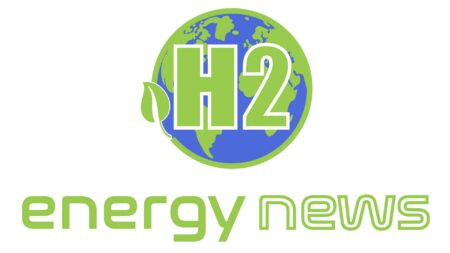The landscape of Tyrolean transportation is on the cusp of transformation, as stakeholders behind the Zillertalbahn railway system contemplate the…
Browsing: Hydrail
Accelera™ by Cummins has propelled North America’s inaugural hydrogen-powered passenger train into operation. The landmark achievement, achieved in collaboration with global mobility leader Alstom, underlines the growing momentum behind clean urban transit solutions.
Under this visionary scheme, hydrogen will take center stage as the fuel of choice to power tourist trains meandering through the enchanting expanse of heritage hill tracks.
The future of rail travel in Africa is about to witness a significant transformation as TransNamib, the national railway operator, sets its sights on launching the continent’s inaugural hydrogen pilot project.
The transport authority of Lower Saxony in Germany has unveiled a bold plan to deploy 102 electric trains starting in 2029. This move comes as a potential setback for hydrogen-powered trains, specifically Alstom’s iLint Coradia, which currently runs on the EVB network.
Hyundai Rotem, a prominent player in the transportation industry, has achieved a significant breakthrough with the development of a demonstration hydrogen-fuel cell powered tram.
Canadian Pacific Kansas City (CPKC) is driving innovation in the freight transportation industry with its Hydrogen Locomotive Program. The recent…
The Port of Rotterdam and Koninklijke Vopak, two prominent Dutch firms, have been invited to present their ambitious proposals for the construction of the Boegoebaai Port and associated rail links in northwest South Africa.
In a momentous step towards sustainable transportation, Bank Pembangunan Malaysia Bhd (BPMB), UOB Malaysia, and China Construction Bank (Malaysia) Bhd have joined forces to provide financing of RM264.5 million for the development of South East Asia’s first hydrogen-powered, autonomous rapid transit (ART) in Kuching, Sarawak.
Stadler Rail, a Swiss-based company, has secured contracts with Azienda regionale sarda trasporti (Arst) and Ferrovie della Calabria (FdC) for the development, production, delivery, and maintenance of 10 and 15 hydrogen-powered FLIRT H2 trains, respectively.



